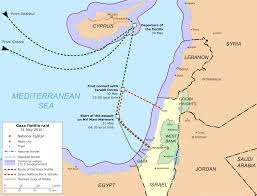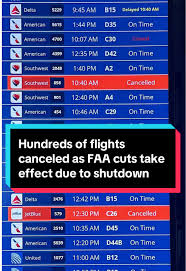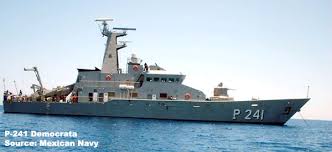
Introduction
The Freedom Flotilla movement is a significant international campaign aimed at challenging maritime blockades and advocating for humanitarian aid. Originating from the desire to deliver assistance to those in need, particularly in Gaza, it symbolizes a collective call for rights and freedom in the face of political and social adversities. The relevance of this movement has risen recently due to renewed tensions in the region and increasing global awareness about humanitarian issues.
Origins and Purpose of the Freedom Flotilla
The Freedom Flotilla has its roots in 2010, when the first flotilla set sail to challenge the Israeli blockade of Gaza. Comprised of various ships and activists from around the world, its primary mission was to deliver humanitarian supplies and report on the conditions in Gaza. This initiative highlighted the dire humanitarian situation and aimed to draw attention to the political complexities surrounding the Israeli-Palestinian conflict.
Recent Events and Current Relevance
This year, the Freedom Flotilla has once again gained traction as tensions in the Middle East have escalated. Various organizations, including NGOs and activist groups, have announced their plans to launch new flotilla missions. These missions aim to break the blockade and deliver necessary supplies, while also advocating for the rights of the Palestinian people. The involvement of new partners has brought fresh media attention to the cause, emphasizing the universal human rights aspect while navigating complex geopolitical landscapes.
In recent months, the region has witnessed significant protests and mobilizations which have been influenced by the Freedom Flotilla’s goals. Reports indicate increasing levels of support from international communities including Canada, where grassroots organizations are rallying for solidarity with Palestinian rights.
Conclusion: The Significance of the Freedom Flotilla Today
As the Freedom Flotilla movement evolves, it serves as a beacon for humanitarian advocacy and a reminder of the ongoing struggles people face under blockades and oppressive conditions. The international response and the participation from various nations signal a strong desire for change and solidarity within a global context. The upcoming flotilla missions are anticipated to spark renewed debate and dialogue surrounding the Israeli-Palestinian conflict and emphasize the need for humanitarian action. The movement’s future could potentially reshape perceptions and policy discussions as more individuals and communities become engaged with the cause.






